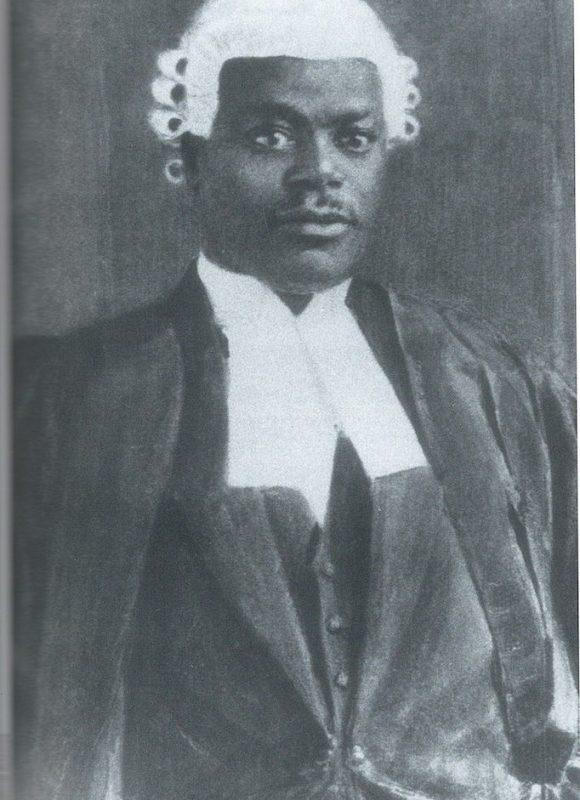PIONEER
Pixley Ka Isaka Seme

Lawyer | Political activist | Journalist
Born: 1 October 1881 Died: 7 June 1951
“The demon of racialism, the aberrations of the Xosa-Fingo feud, the animosity that exists between the Zulus and the Tongaas, between the Basutos and every other Native must be buried and forgotten; it has shed among us sufficient blood! We are one people. These divisions, these jealousies, are the cause of all our woes and of all our backwardness and ignorance to-day.”
Who is
Pixley Ka Isaka Seme?
Early African intellectual, lawyer, political activist, and journalist.
Professions
and Roles
Lawyer, intellectual, journalist, activist, and founding member of the South African Native National Congress (SANNC).
Best Known For
Founding treasurer general of the SANNC, and later became its President between 1930 and 1937.
Life highlights
- Seme studied a BA at Columbia University, New York. Here he received the Curtis Medal, for extraordinary oratory. In 1906, Seme delivered a speech called the “Regeneration of Africa” which began with the famous words: “I am an African, and I set my pride in my race over against a hostile public opinion.” He later completed his law degree at the University of Oxford in England.
- In 1909, Seme represented the Transvaal Natives’ Union in their Delegation to British Parliament – as members from South Africa could not afford to travel. This experience contributed to Seme’s increasing frustration at the systematic exclusion of black people from the political system in South Africa.
- In 1910, he was called to the bar as a lawyer in London – one of the first Africans to enjoy this honour. But he decided to return to South Africa to practice as a lawyer in Johannesburg and to protest the Union between the Boers and the British which had recently been passed. This prompted his approaching other black thinkers like Alfred Mangena and John Dube to start the SANNC.
- Seme represented members of the Zulu and Swazi royal families in various court cases due to his dual knowledge of South African and British Law and was sometimes called ‘the lawyer of the Swazi nation’.
- In 1912, while involved with the SANNC, he launched a multi-lingual newspaper called Abantu Batho which became the mouthpiece for the growing organisation.
- Seme also started an organisation called the South African Native Farmers Association to buy land for black settlement in Daggakraal and Driefontein in the then Eastern Transvaal.
- Seme was one of the co-organisers of the All African Convention in 1935, and also one of the co-authors of the African Claims Document in 1943.
IN THEIR OWN WORDS
“The demon of racialism, the aberrations of the Xosa-Fingo feud, the animosity that exists between the Zulus and the Tongaas, between the Basutos and every other Native must be buried and forgotten; it has shed among us sufficient blood! We are one people. These divisions, these jealousies, are the cause of all our woes and of all our backwardness and ignorance to-day.”
– Pixley Ka Isaka Seme
IN THE WORDS OF OTHERS
“[If] today Basutos, Zulus, Xhosas, Shangaans, Bechuanas and Vendas know themselves as Africans, and that Africa is the land of their fathers, they owe this to the inspiring foundation of African Nationalism laid by Pixley ka Isaka Seme.”
– Bantu World, 1951
The title of Thabo Mbeki’s famous 1996 speech “I am an African” is taken from the opening words of the speech that Seme presented at Columbia in 1906. The same speech was referenced by Ghanaian President, Kwame Nkrumah, in 1962, where Nkrumah praised Seme’s strong Africanist message.
References
No references
